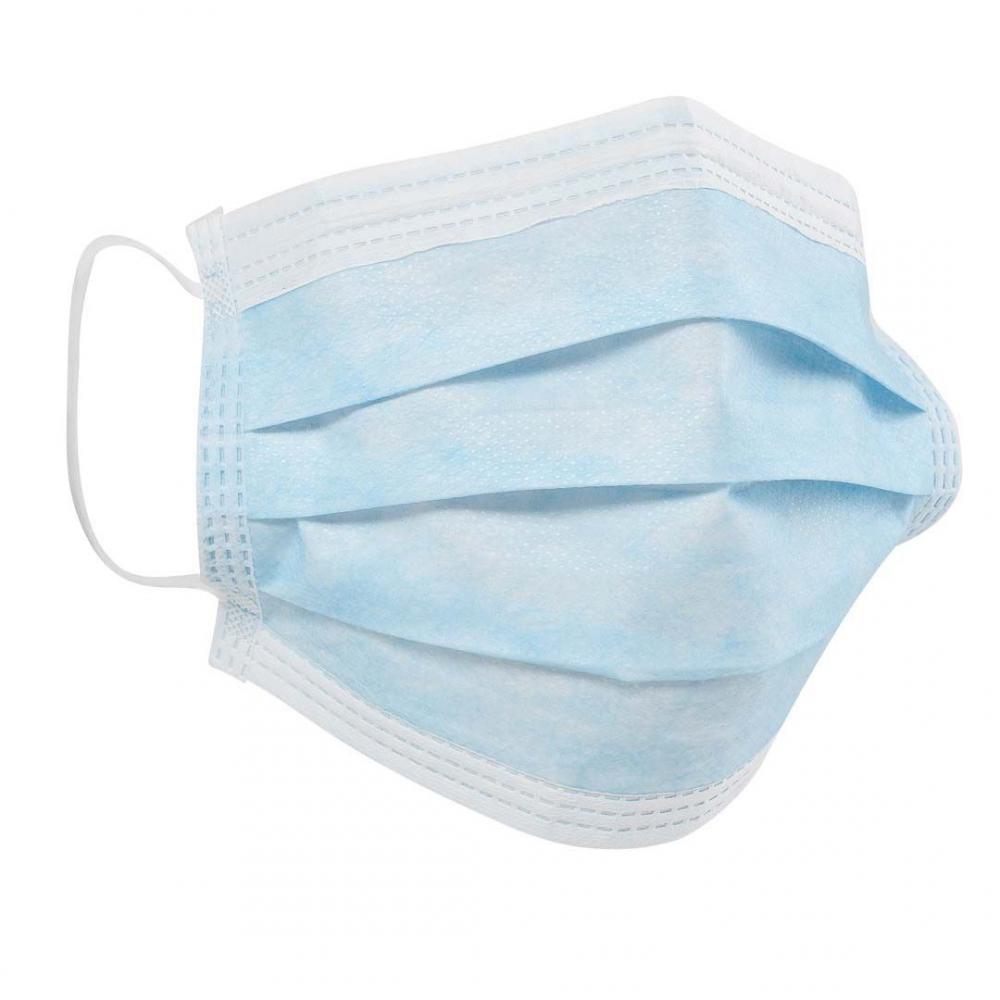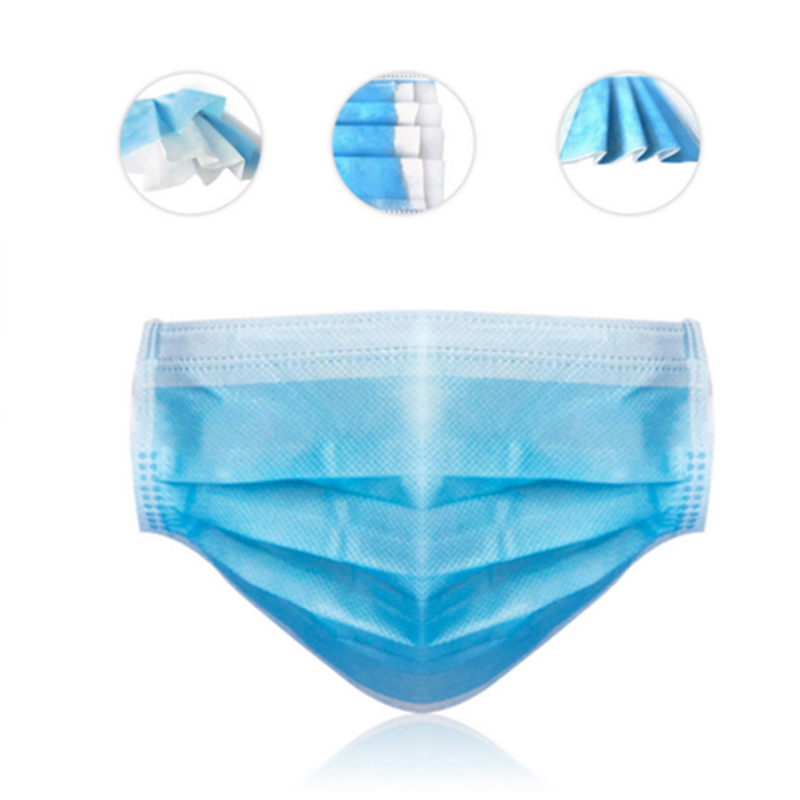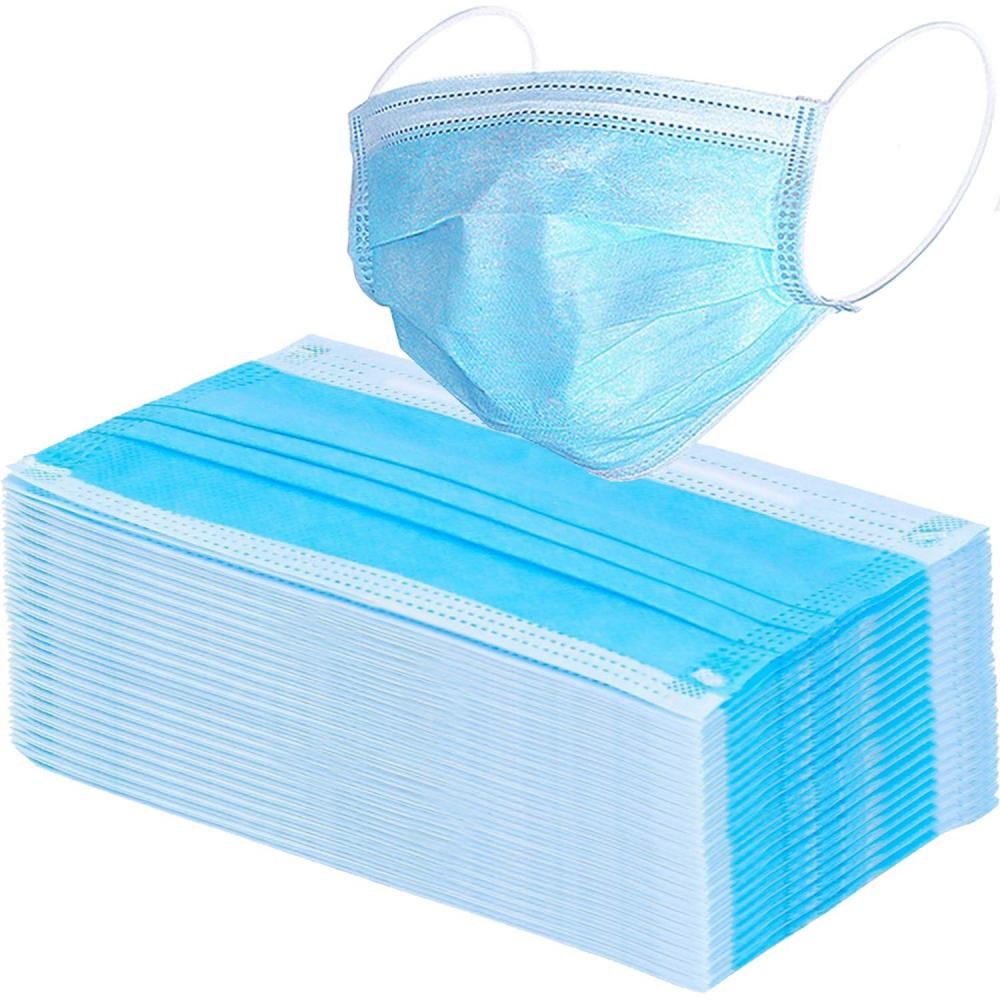FDA approves a mobile medical device to help smokers quit smoking
Release date: 2017-11-13
Recently, the US Food and Drug Administration (FDA) approved a mobile device that measures carbon monoxide intake. The device, combined with mobile medical applications and a digital health platform, can help smokers quit smoking.
A mobile breathing sensor is licensed under the federal Class 2 medical device. The device connects a new mobile medical app and digital health platform to help smokers quit.
The FDA passed the inspection of the respiratory sensor produced by Carrot, which means that the handheld sensor that measures carbon monoxide intake can be used with the company's Pivot mHealth application and the smoking cessation program coaching platform. The sensor monitors the body's carbon monoxide intake level, and when someone smokes, the content rises, triggering an application reminder that the platform sends targeted information to the smoker about how to quit.
Dr. David S. Utley, founder and CEO of Redwood City, California, said in a press release: "Smoking is the leading cause of illness and death worldwide. Although there are some wearable devices that can encourage people to exercise and lose weight, there is no Anything to help people quit smoking. So we designed a home mobile breathing sensor to help smokers understand smoking behavior and use this information to help them quit smoking."
According to Carrot, there are about 40 million smokers in the United States, and about 500,000 people die each year from smoking. At the same time, research shows that about 70% of smokers are willing to quit, but only about half of them are quitting, and only about 12% of smokers have successfully quit. Through personal consultation by the company, this number is now rising to 30% to 40%.
More and more mobile medical companies and healthcare providers are turning their attention to urging users to abandon smoking or other addictions through smartphones, and their smartphone's real-time resources can increase their chances of success.
There is evidence that mobile medical care has worked. Earlier this year, researchers at the Icahn School of Medicine and the Phoenix Institute of Transformation in Mount Sinai, New York, worked with Click Therapeutics to develop a mobile medical application that helps smokers who want to quit.
According to the Journal of Medical Internet Research, smokers who use the app developed by Click's Clickotine have an average time to quit from the national average of 7 days to 30 days compared to the national average.
In 2016, a California company called Chrono Health was invested by venture capital funds such as Mayo Clinic and Kaiser Permanente. The company introduced a smart placement device that measures the user's vital signs and releases "biometric" drugs. But its mobile healthcare platform is still under development, and the platform can be paired with applications that monitor data, providing a coaching platform that can be directly interfaced with the care provider.
In 2015, the Mobile Sensor Data Knowledge Center of Excellence (MD2K) in Memphis presented a study called puff Marker, which uses wearable breathing sensors attached to the chest to monitor whether a user smokes. The focus of his research is to monitor whether those who quit smoking are addicted again.
Researchers at the research center pointed out in a paper published in ACM (UbiComp) in 2015: "Our work has opened up a very rich field of research, found in such things as GPS, smart glasses, electronic and social media, and Immediate intervention can be achieved when changes in predictive factors detected by physiological sensors, etc."
Federal authorities may share this view, and with the opioid crisis facing the country, mobile medical applications may replace traditional medicines.
Just last month, the FDA approved the first so-called “digital therapy†project, a mobile app called reSET that prevents drug abuse.
Corey McCann, president and CEO of Pear Therapeutics, a developer of reSET, said in a press release: "Now is the decisive moment to use digital therapy for people with disabilities. As the first FDA-approved digital therapeutic disease program, we have improved. The accuracy of reSET in the diagnosis and treatment of randomized controlled clinical studies. We believe that this digital treatment program is expected to make some achievements in central nervous system diseases (including psychiatry, neurology, pain), and may become the field of future disease treatment. important parts of."
Carlos Pea, Director of the Department of Neurophysical Medical Devices from the FDA Radiation Equipment Health Center, added: "This innovative digital technology will provide more treatments in the treatment of patients. More treatment means more patients. May be able to get rid of the disease, including exposure to smoking and other addictive behaviors."
Source: Zhi Medical (micro signal mhealth-cn)
Shanghai Rocatti Biotechnology Co., Ltd. is a professional enterprise of rehabilitation and medical device products with sales and service as the main body. Since its establishment, the company has been committed to the development of medical devices. Its products involve the production of epidemic prevention materials such as gynecology (obstetrics), Urology, neurosurgery, kn95 medical protective masks, daily use flat masks, and the research and development of total nutrition slimming food. It can provide a complete range of first, second and third class medical device configuration schemes for general hospitals and specialized hospitals.



Nonwoven Face Mask,Non-Woven Facial Face Mask,Non-Woven Face Mask Ffp2,Non-Woven Surgical Face Mask
Shanghai Rocatti Biotechnology Co.,Ltd , https://www.ljdmedical.com